Spare a thought, if you will, for LiA interviewee and friend of the site Jake Jung, who translated this episode of Paripi Koumei. There were about 192 bars of rap to translate, including many with historical references. Jake has noted that this ep took him “far longer” to translate than any anime episode he’s worked on – and this is the guy who translated Hoozuki no Reitetsu, surely one of the most esoteric anime of all time. Pretty inconsiderate on the part of the anime staff if you ask me…
As I’m not a Three Kingdoms otaku (unlike a suspiciously large number of this series’ cast) I don’t know a lot about the literary context of this rap battle. I know Zhuge Liang was certainly a poet among his many talents, and I presume his “Short Song” as quoted here was authentic to the historical figure. It certainly adds a little spice to the pot having Kabetaijin be a 3K otaku himself – in effect the whole battle was based on that. If indeed one is to buy into the premise Ya Boy Kongming is selling, an acceptance of fate as a real thing is clearly the ticket to entry.
You have to give a bro credit – he certainly does his homework, and leaves no stone unturned. Spying on Kabetaijin to the point of learning what song would turn his heart (how the spy extracted that info I don’t quite get), doing a reverse-Mickey by putting stomach meds in Kabetaijin’s drink – he’s nothing if not thorough. I guess if you’re a military strategist it’s all about winning, not playing fair – and this isn’t the first time we’ve seen that Koumei doesn’t play fair when it comes to achieving his goals.
I think one might reasonably say Koumei was out of bounds manipulating Kabe the way he did – and the idea that it was all for Kabe’s benefit strikes me as pretty laughable. Kabetaijin had every right to walk away from rap (which was basically killing him), and Koumei really no right to shame him into coming back. But again, this is an “Art of War” guy – he’s all about winning. And not winning the rap battle is fine, since it serves the larger goal (and I have no doubt Koumei could have pretty quickly scraped together that 100 million Yen if Kabe had gone through with the wish).
As for the battle itself, it was right in Paripi Koumei’s wheelhouse so I expected it to be good – and indeed it was. I’m not a serious hip-hop or rap aficionado so as with not being a Three Kingdoms nut, I don’t approach this part of the series from a position of expertise. But if Koumei is reciting an old poem (as he did in one of his rounds) that’s not really freestyle, is it? In any event his approach was attacking Kabetaijin for being a coward and walking away from the “battlefield”. As for Kabe, he used his 3K knowledge to hit Koumei on being a fake (a natural assumption, albeit incorrect). And in striking a low blow of his own, on the subject of Ma Su – Koumei’s darkest episode and a source of great personal pain.
The historical context Paripi Koumei inserted certainly made this a more fascinating throwdown than it would have been otherwise. There’s no question Kabetaijin won as far as I was concerned – hell, it should never even have gone to overtime. But the show got the result right in the end, so that’s all good. And Koumei (as usual – though not ultimately in the historical sense) got what he wanted, his rapper. I wonder – is he going to keep illicitly slipping Kabe Pepcid, or is his ulcer mysteriously going to clear up now that he’s battling again?


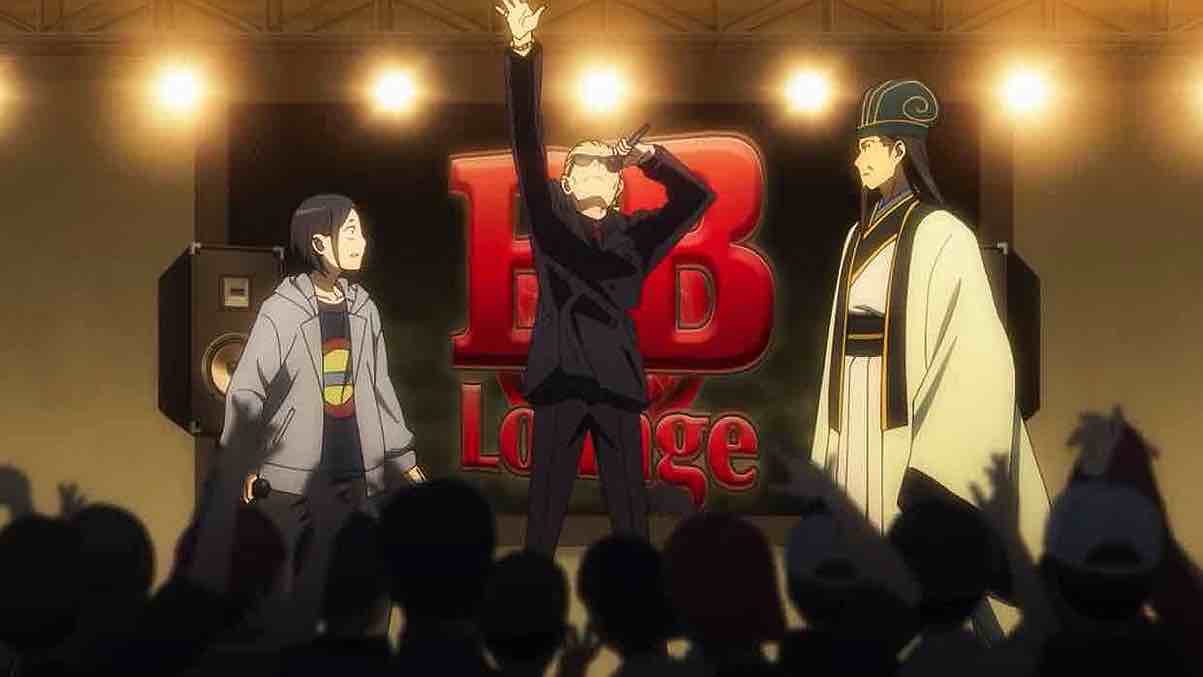
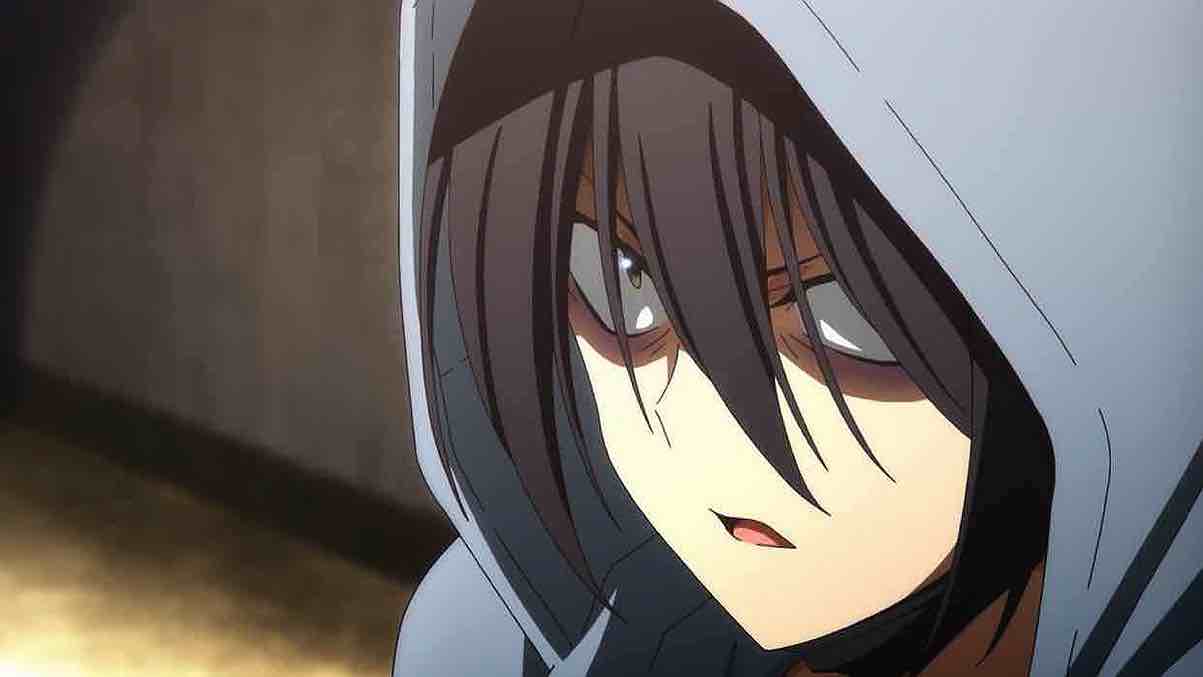
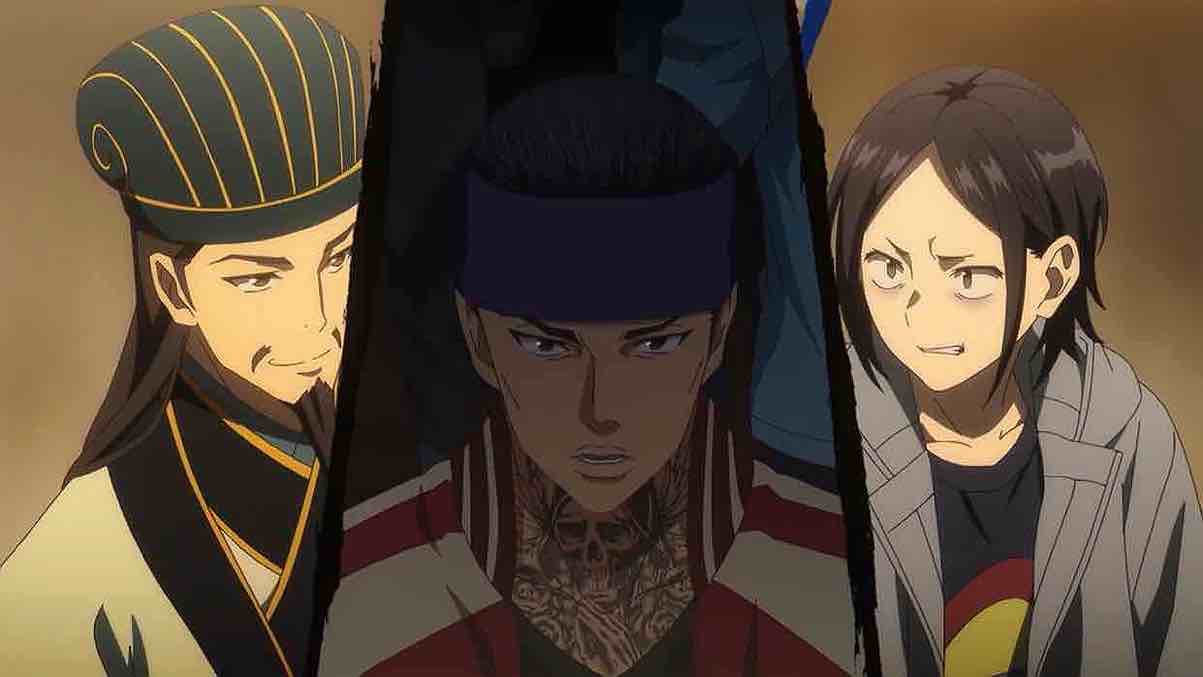



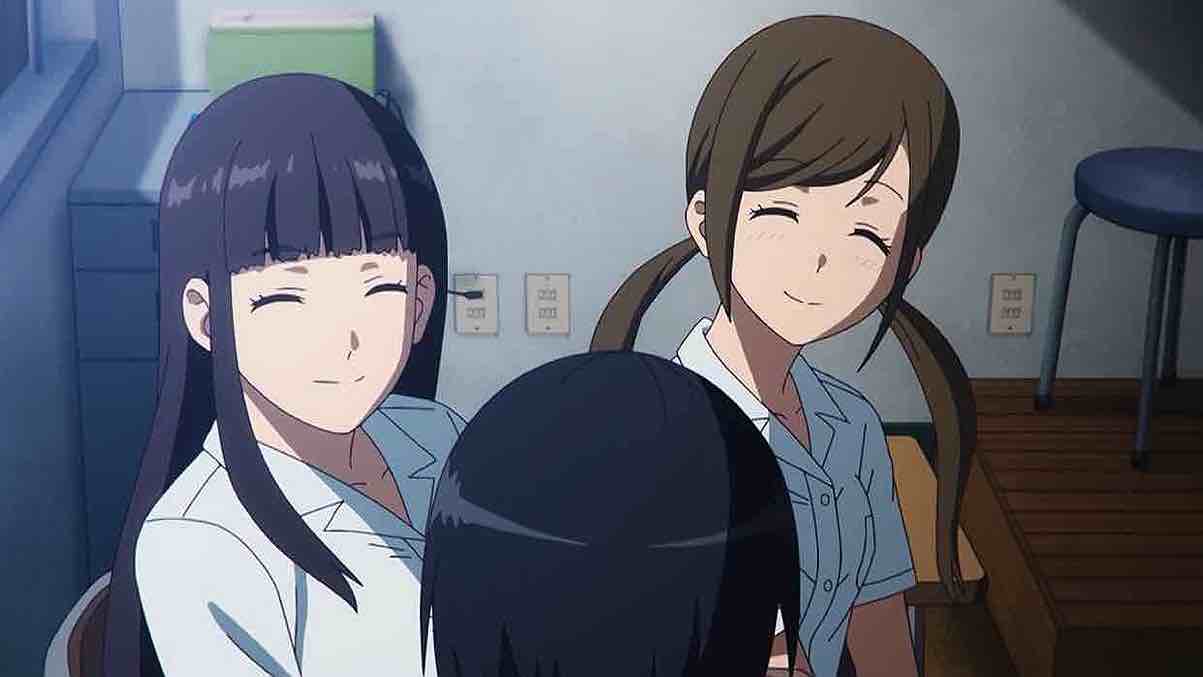
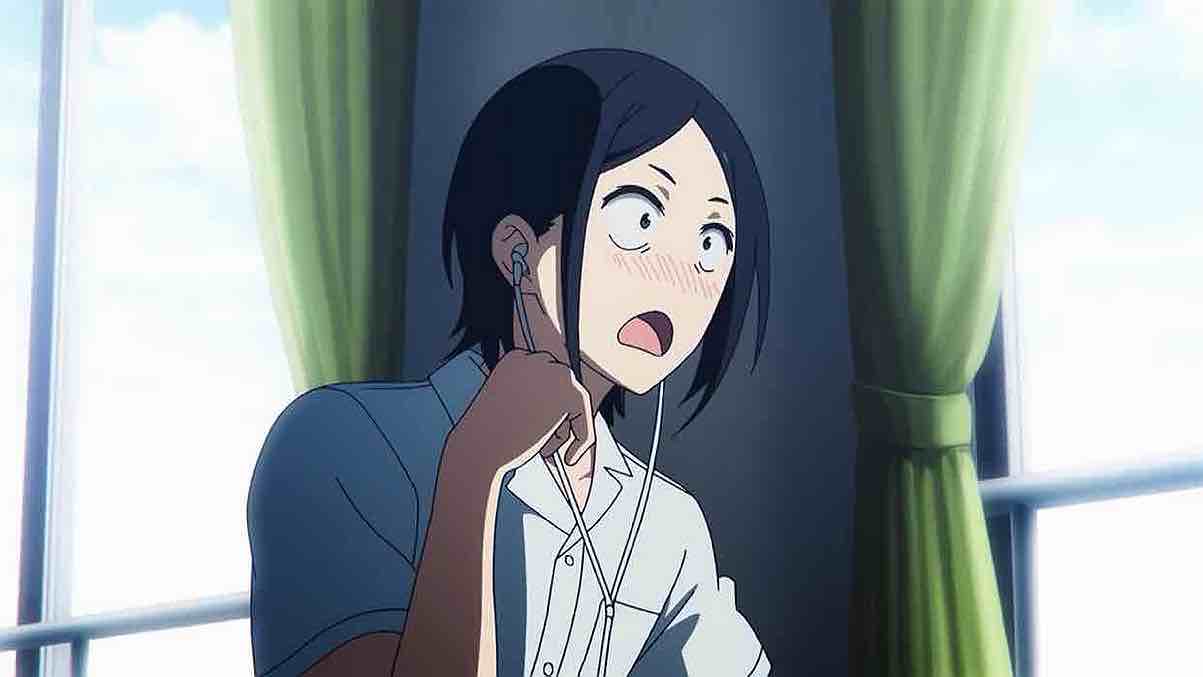
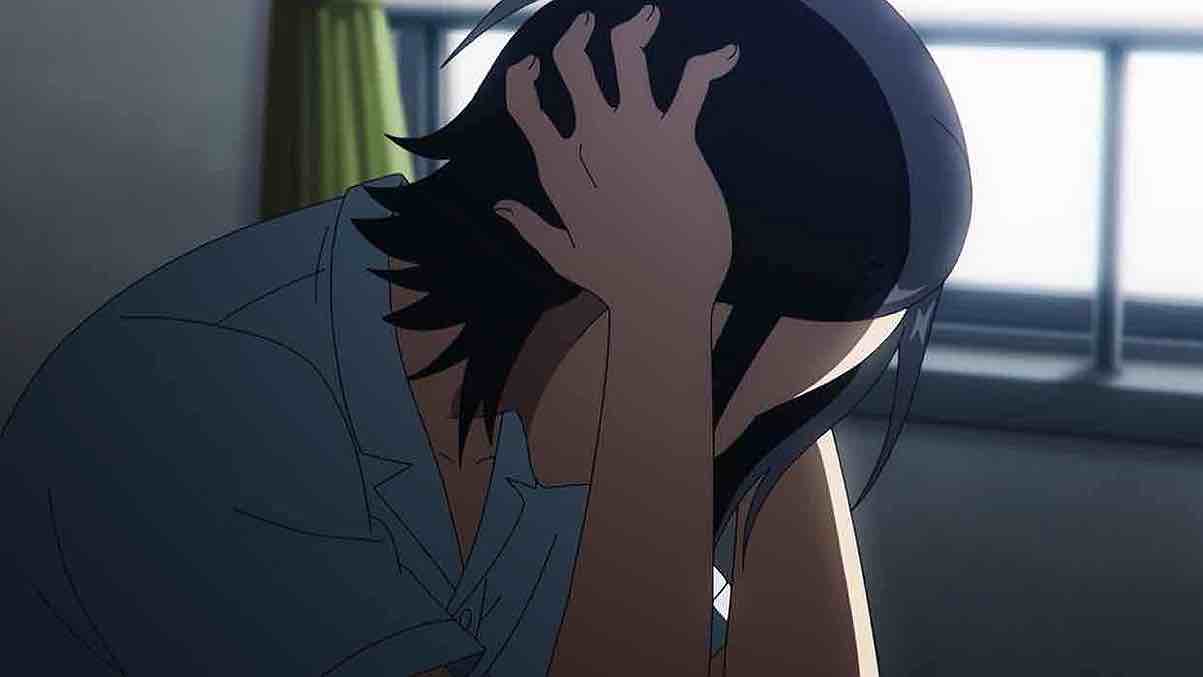
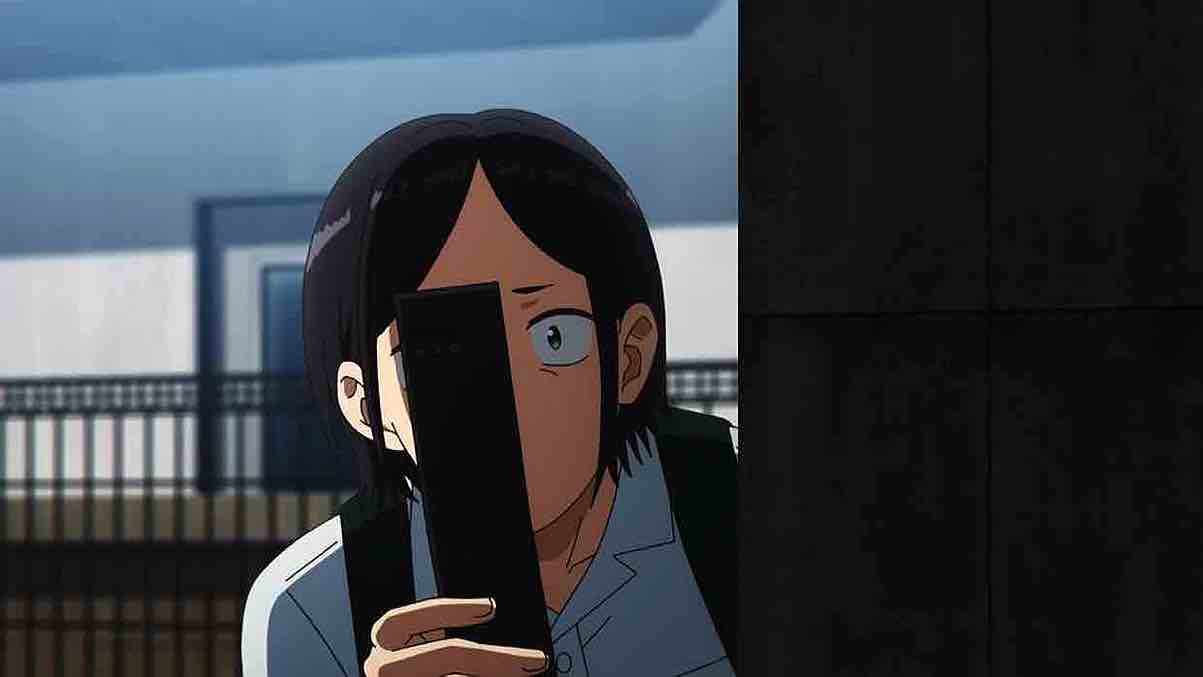
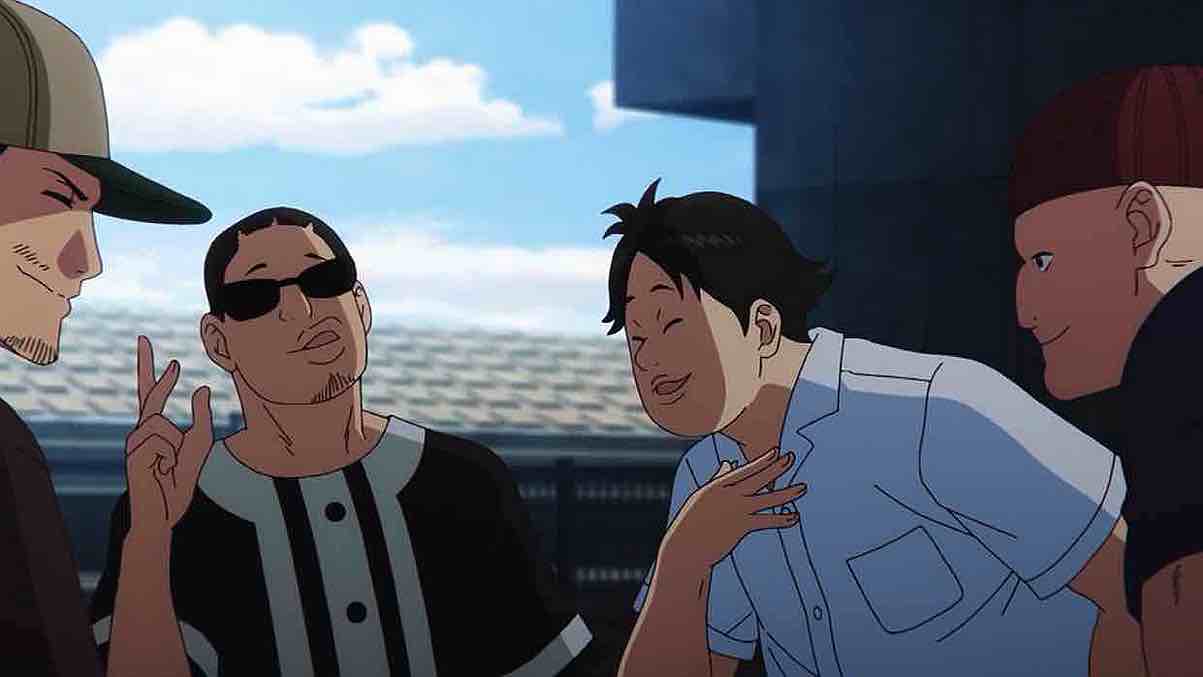
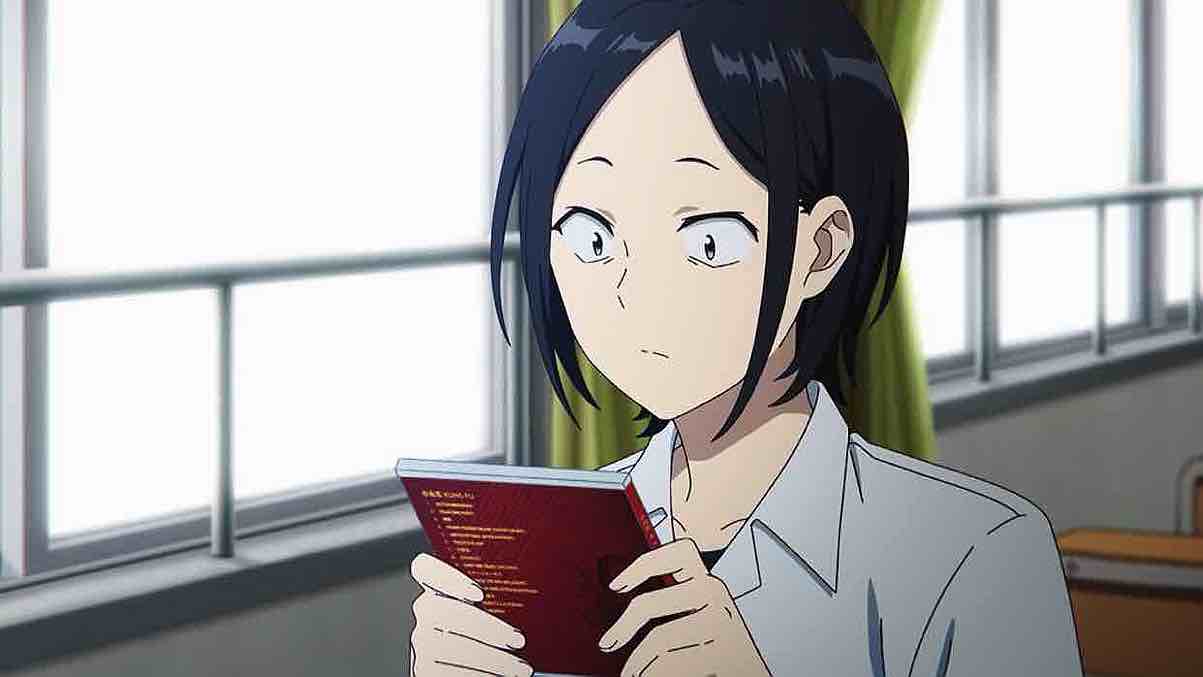
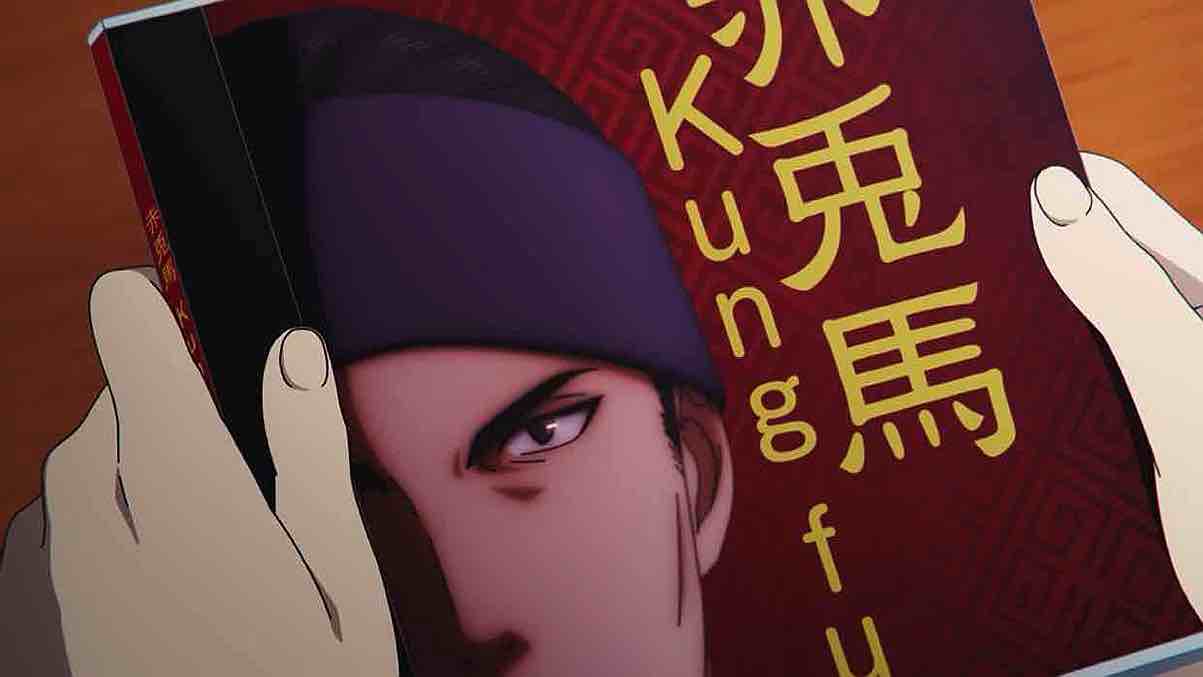
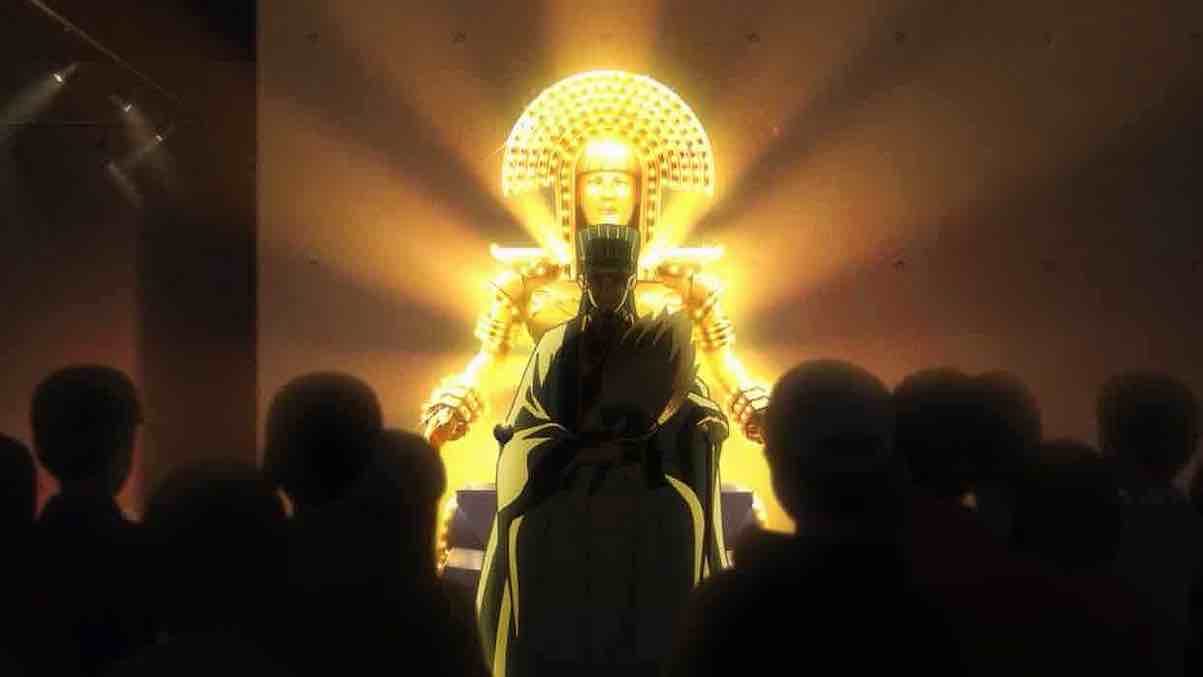
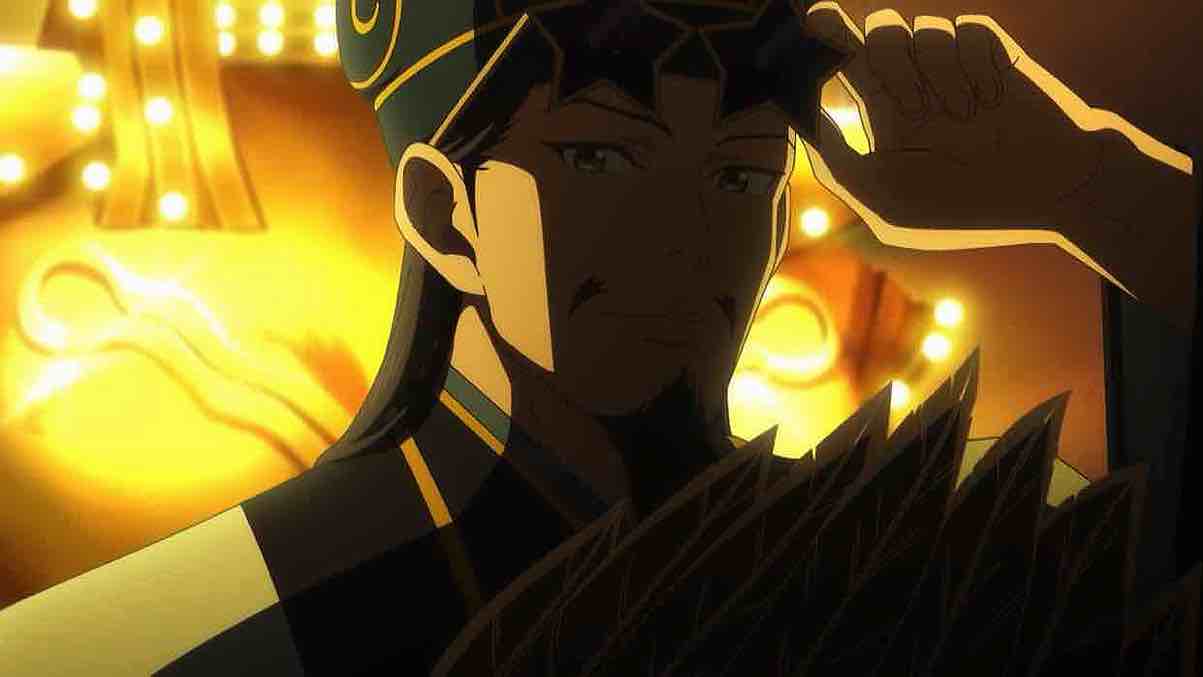
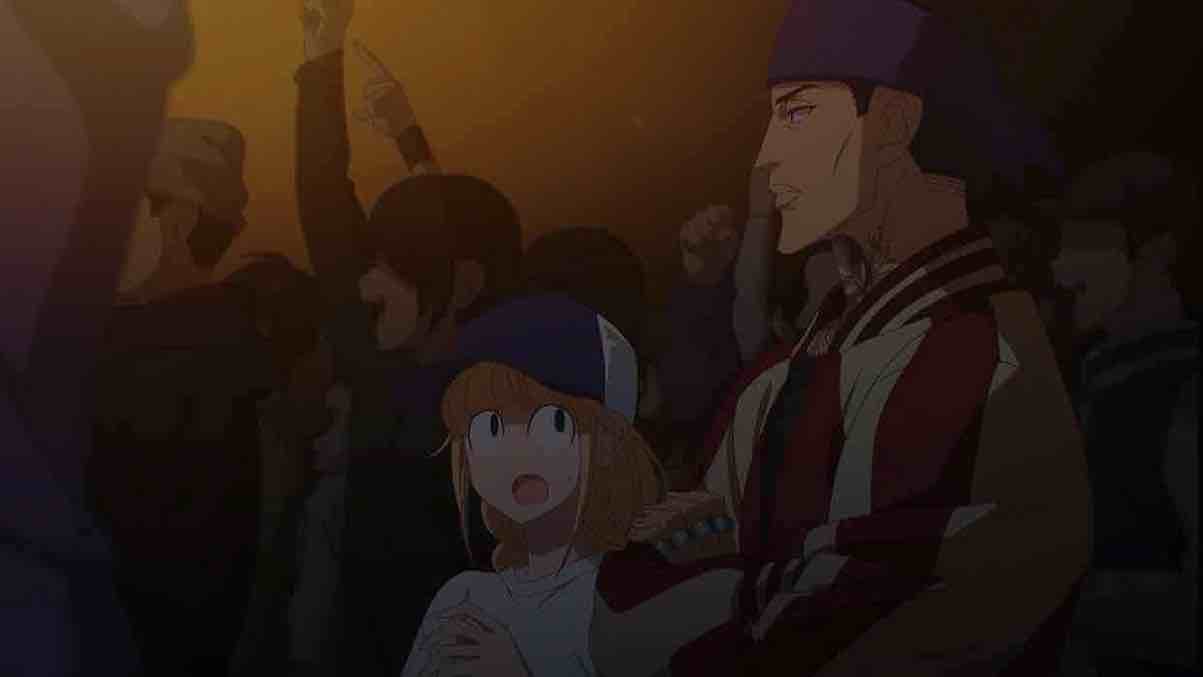

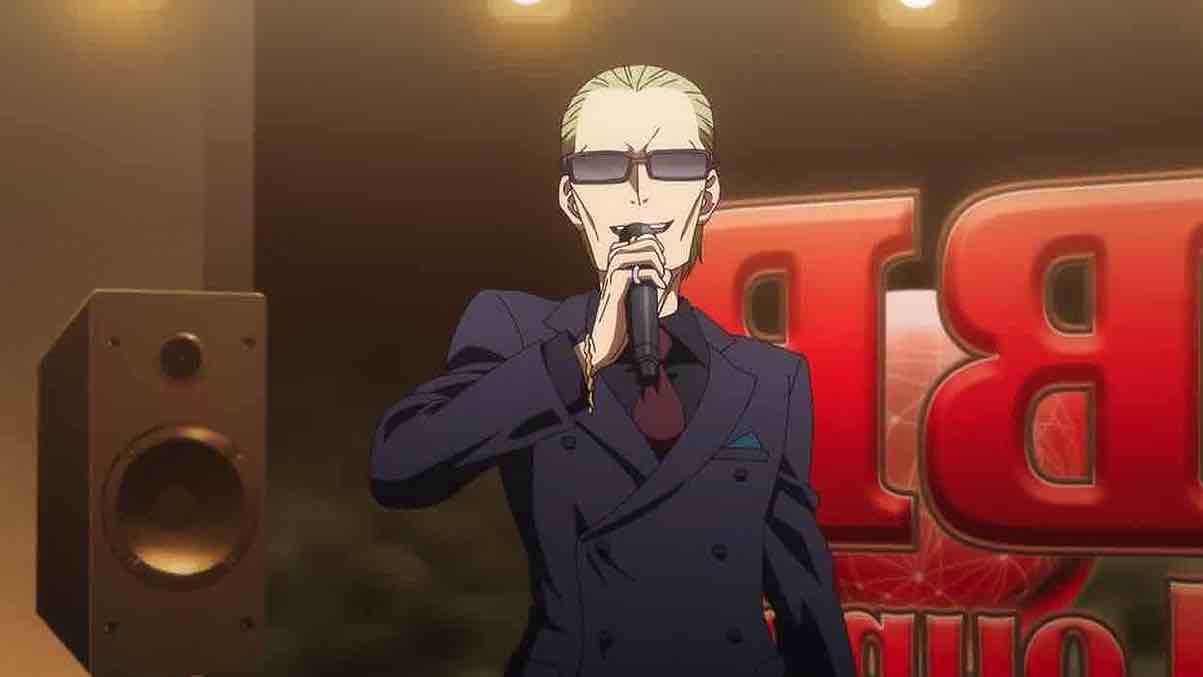
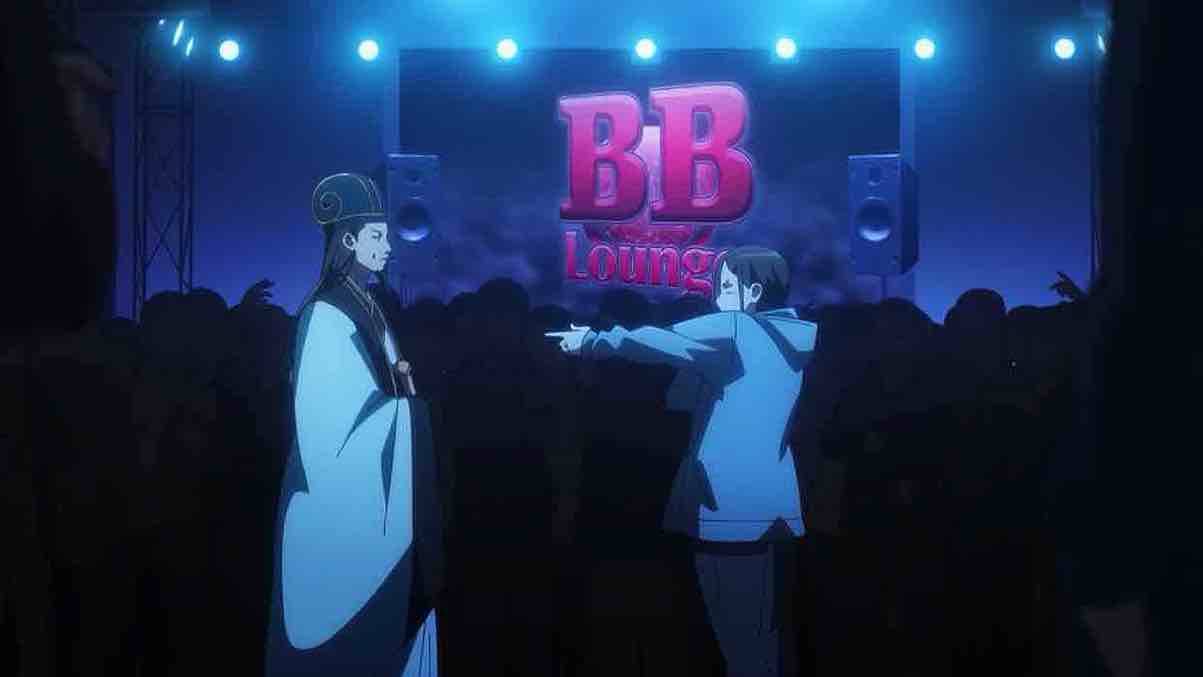
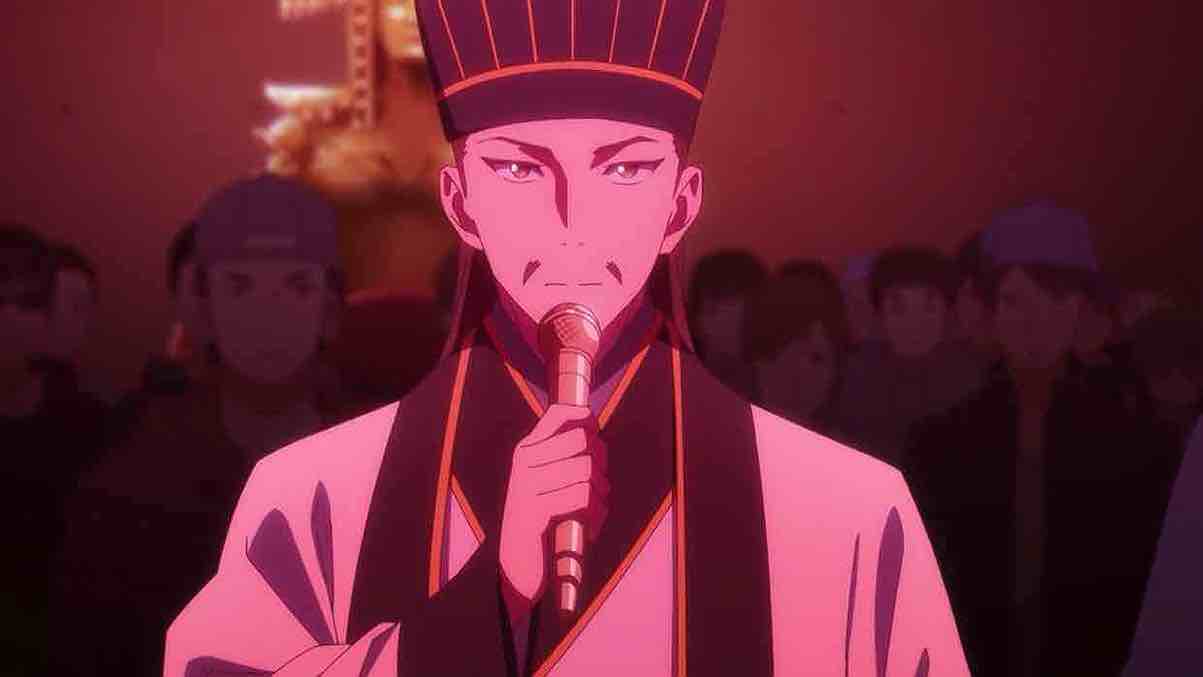
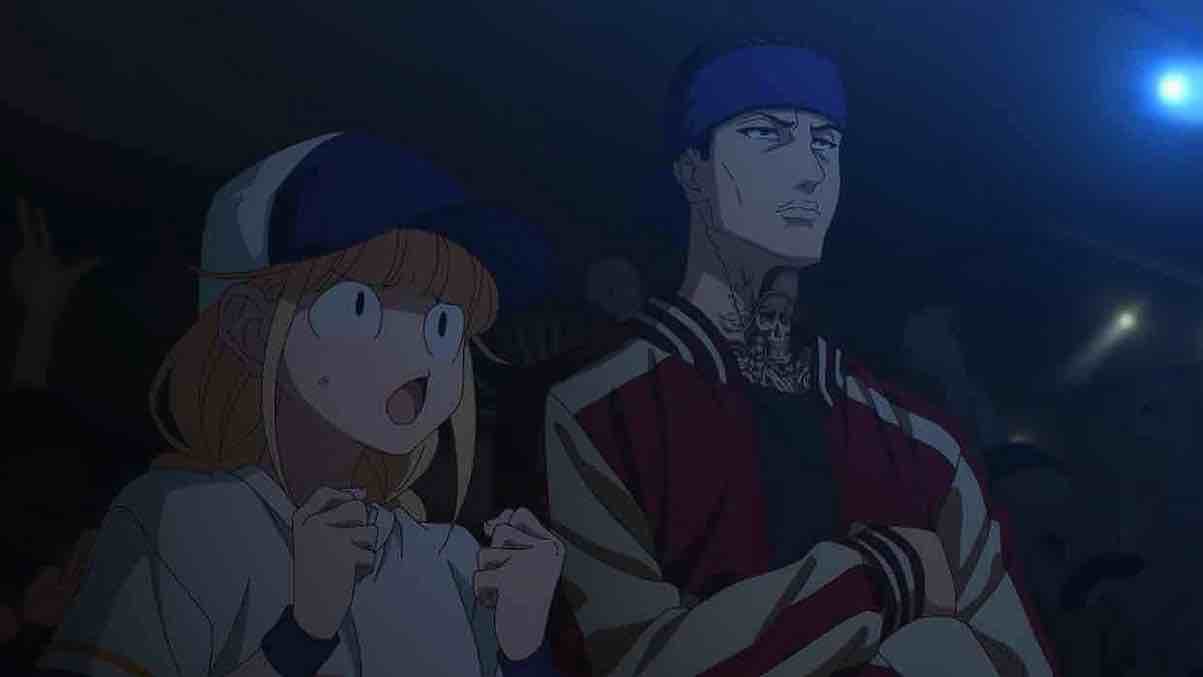
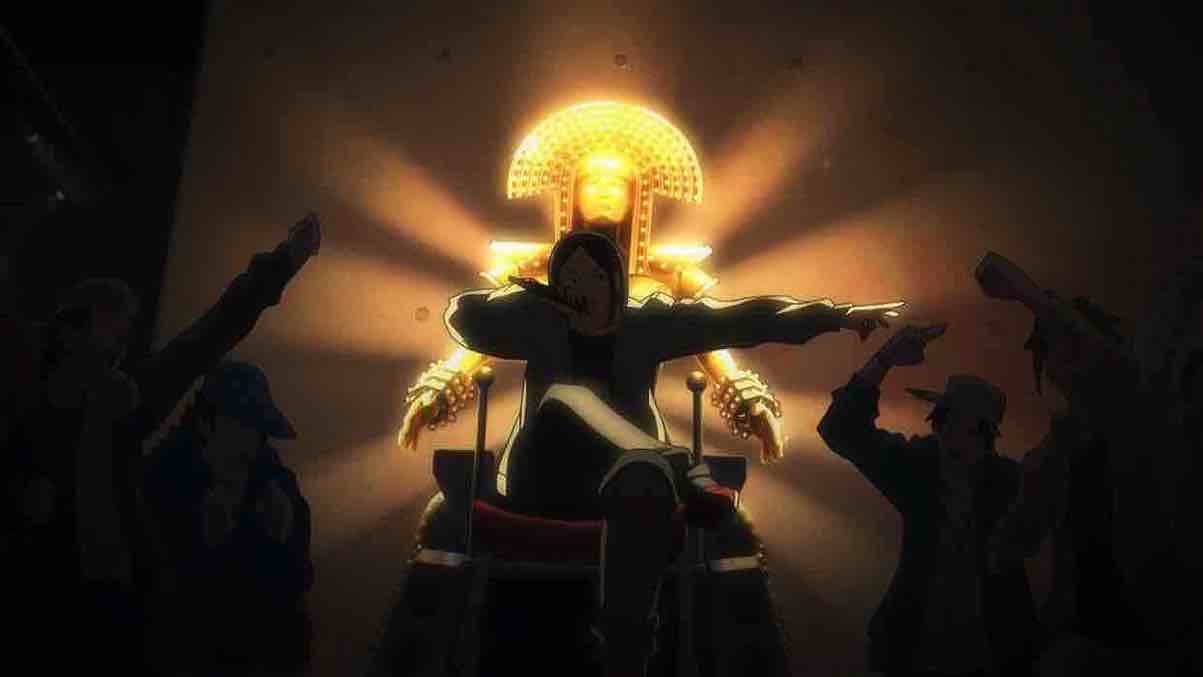
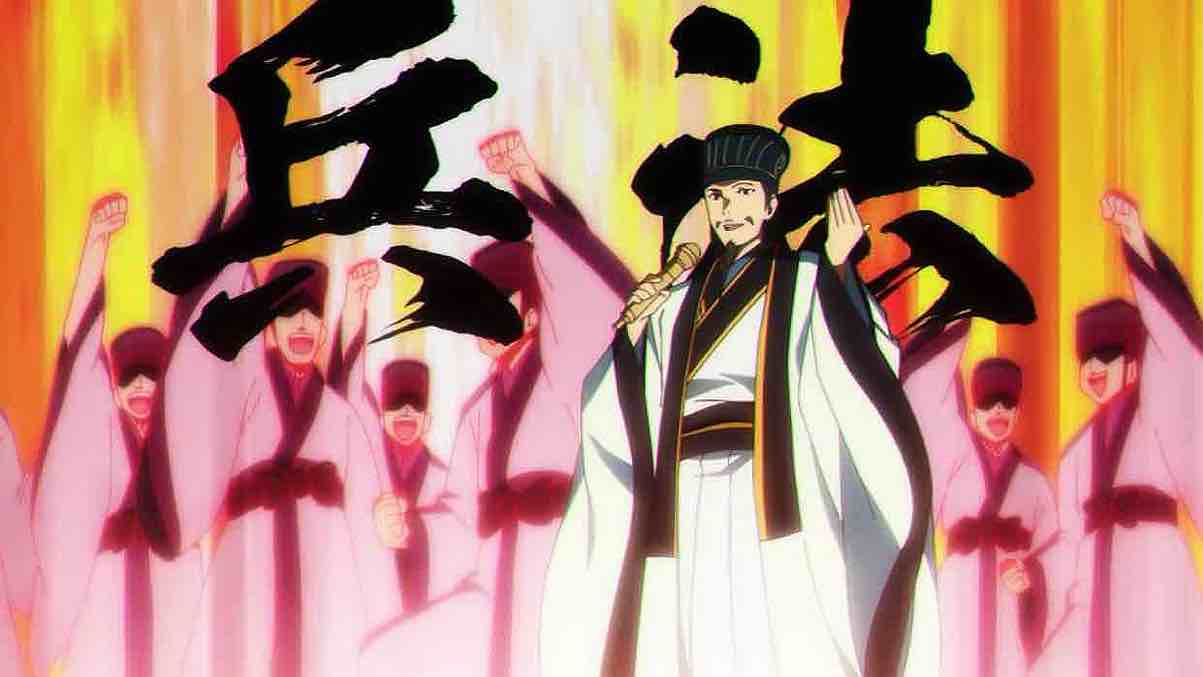
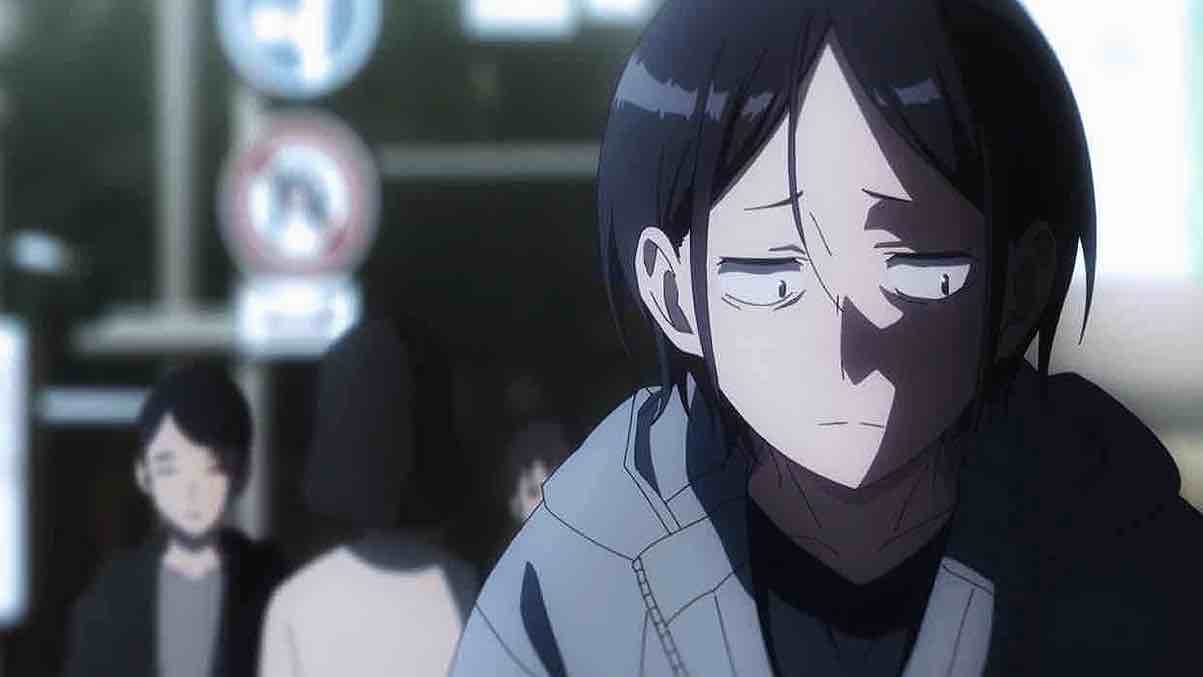
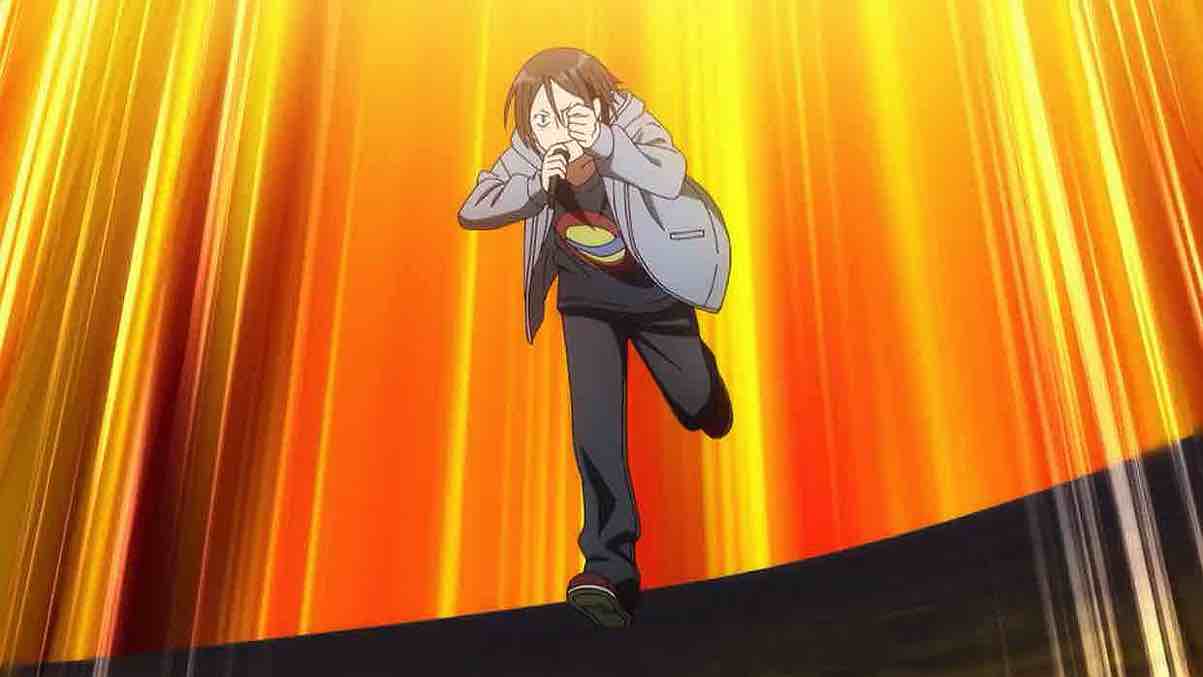
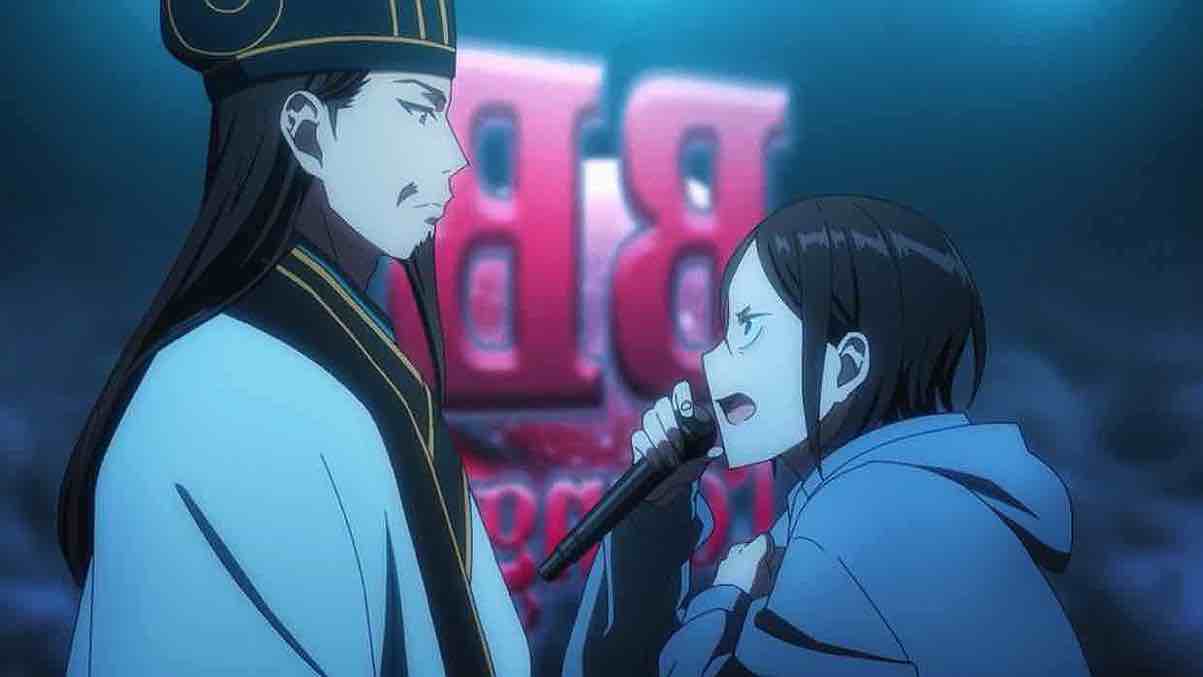
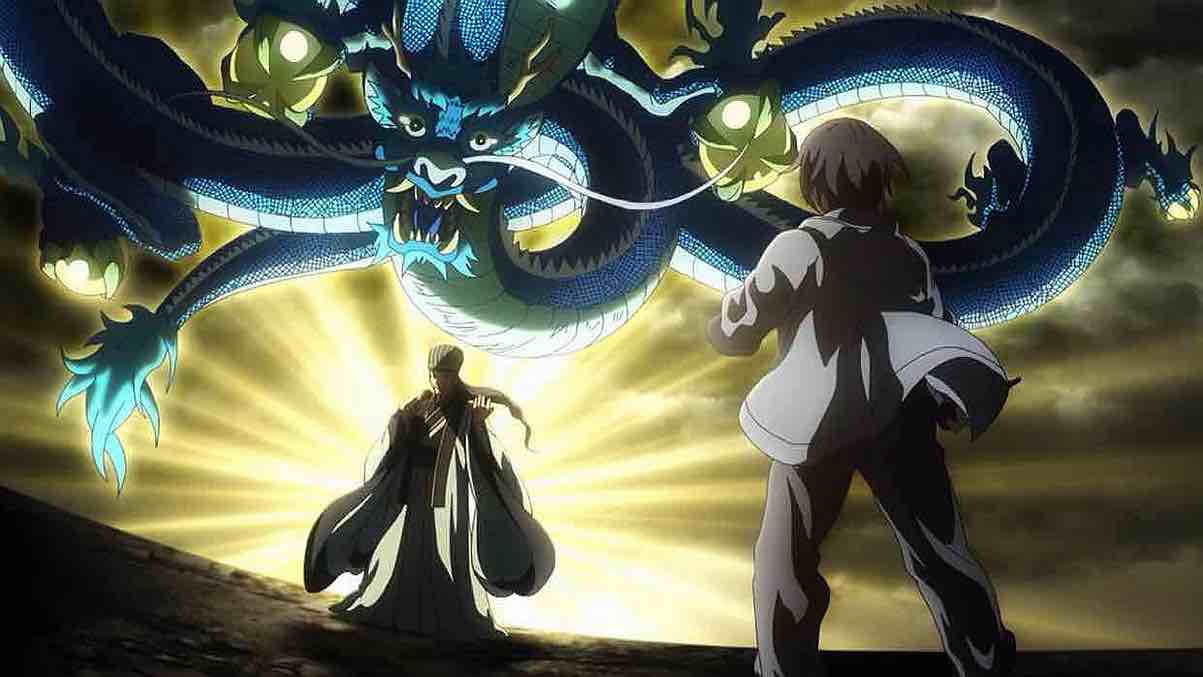
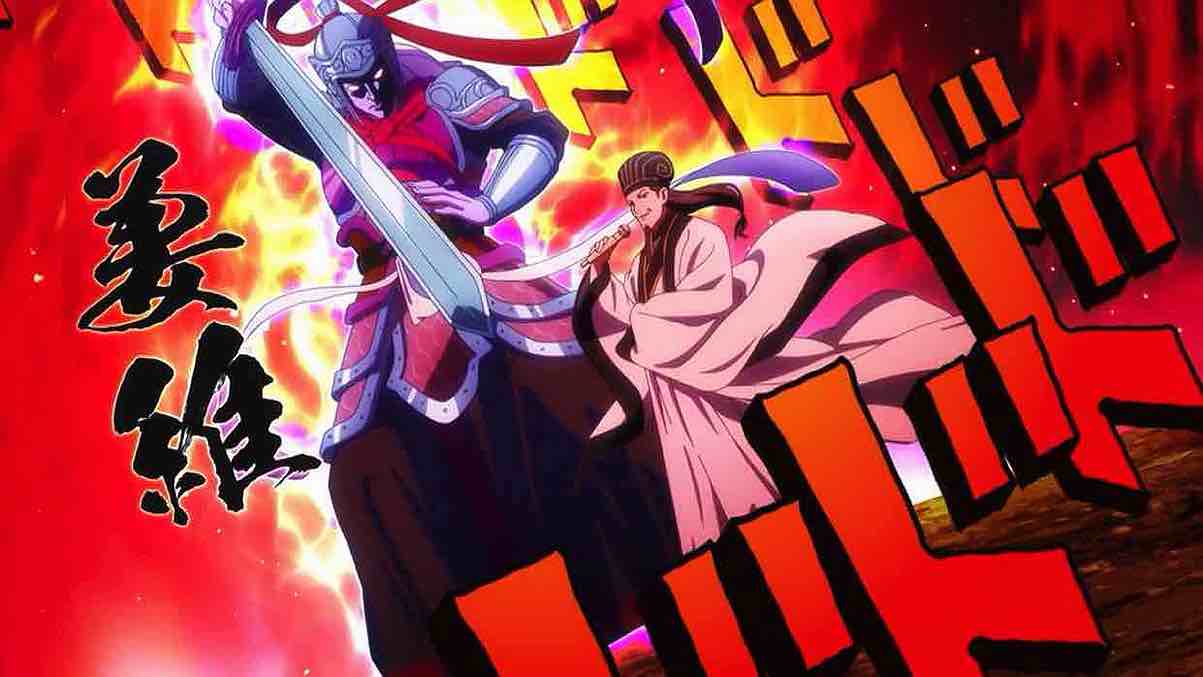
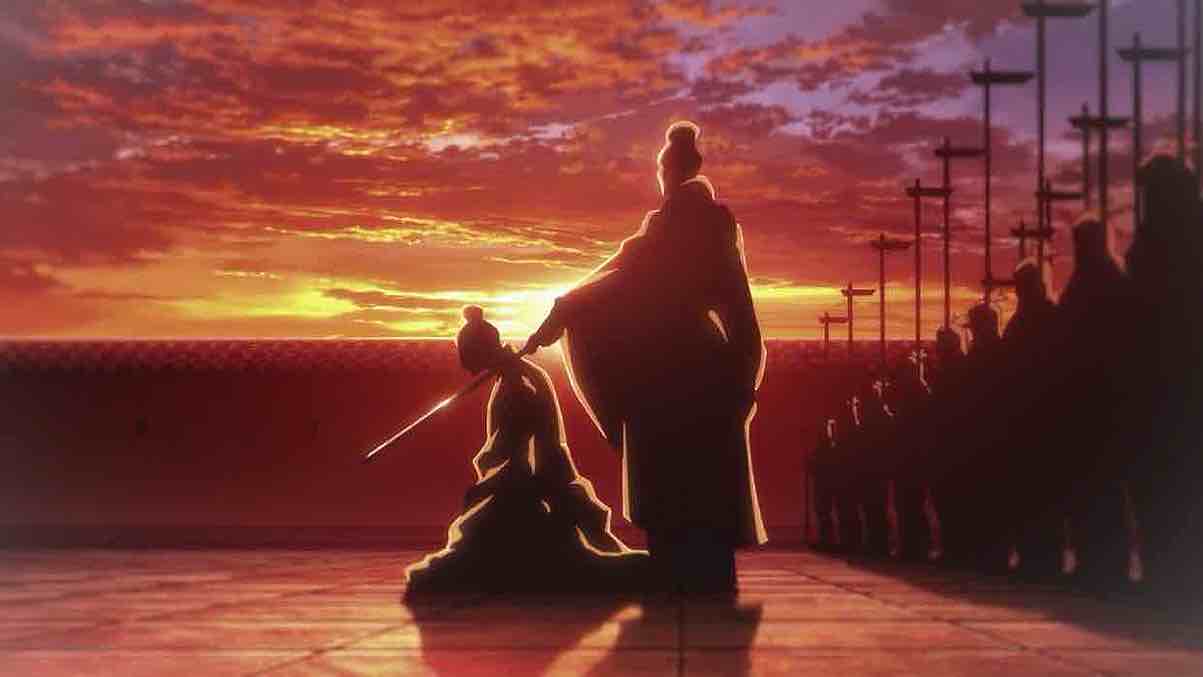
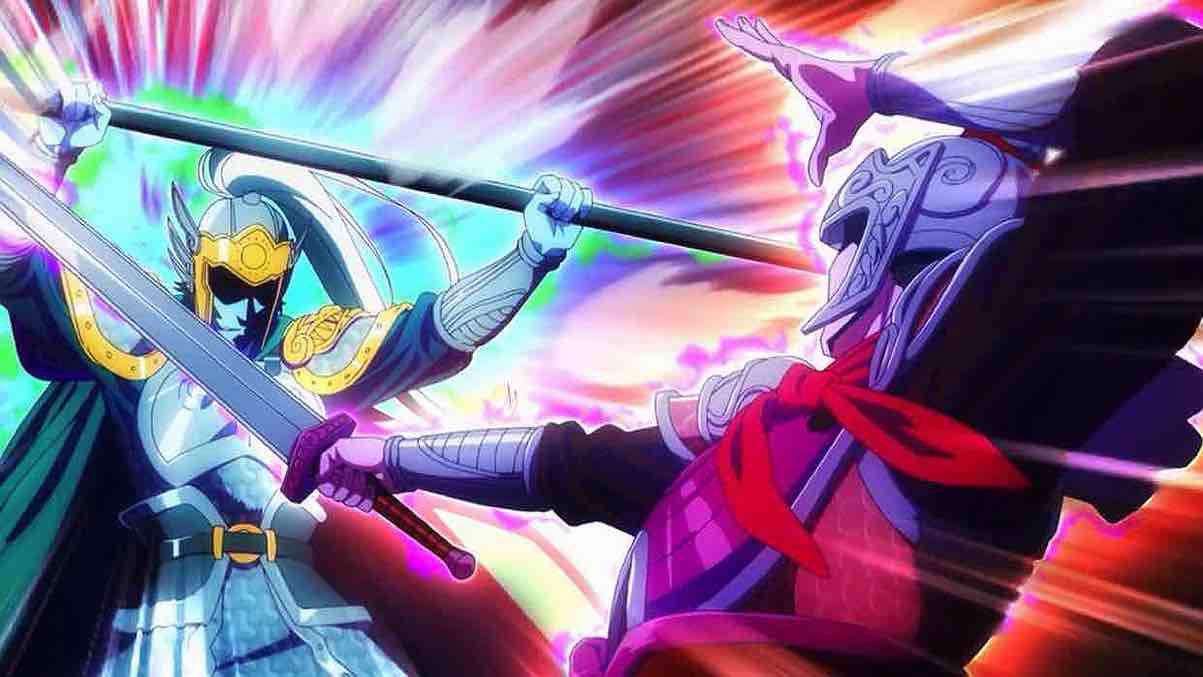
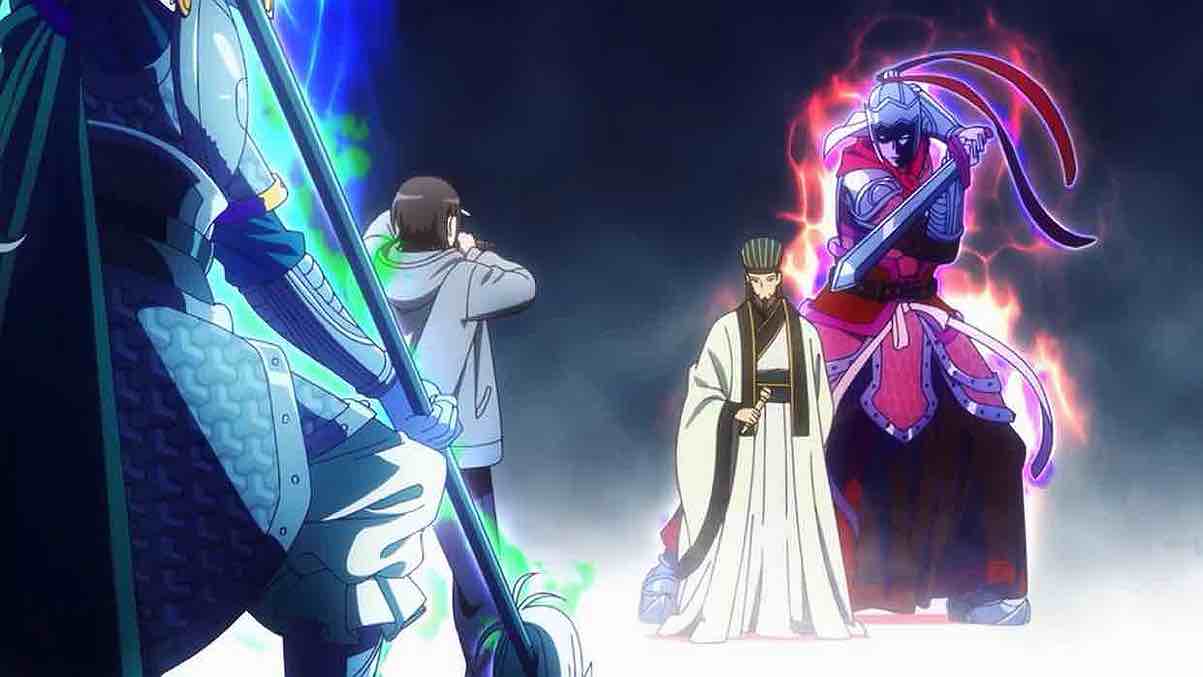
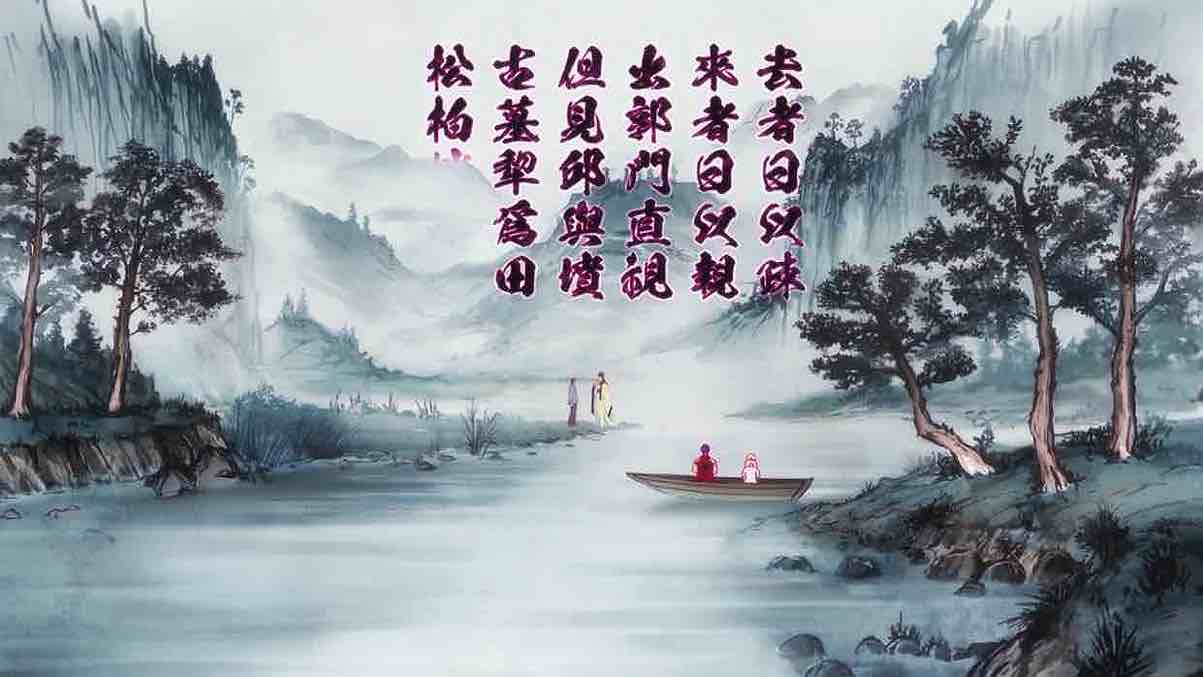


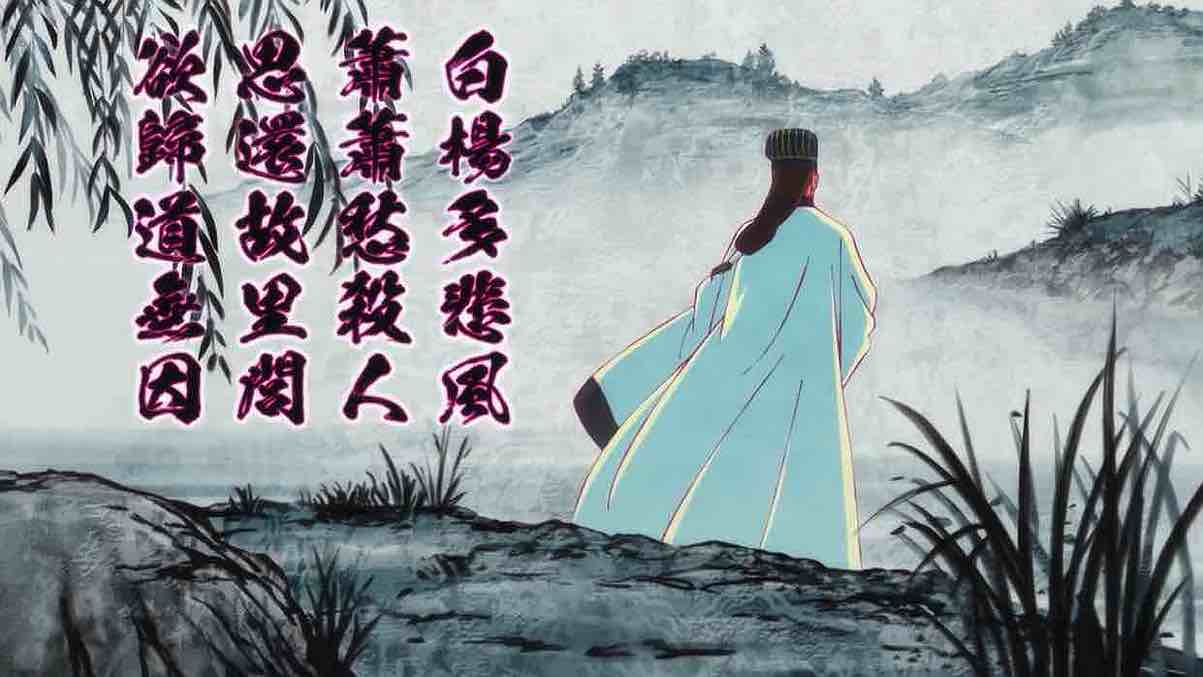
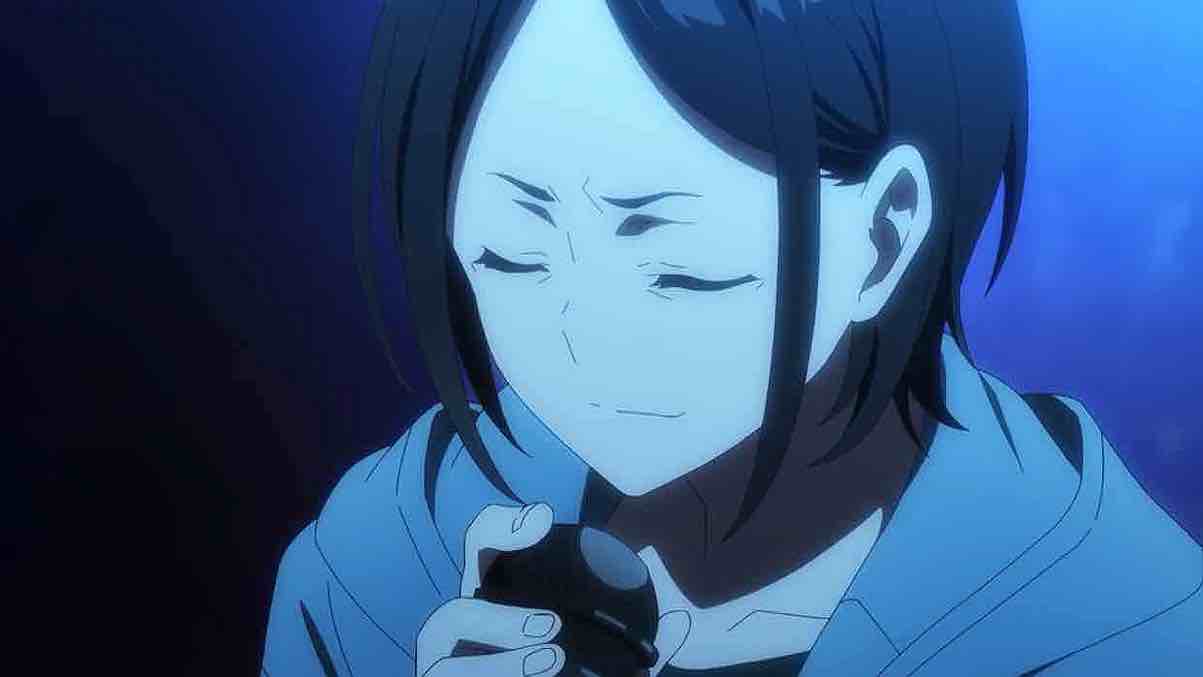
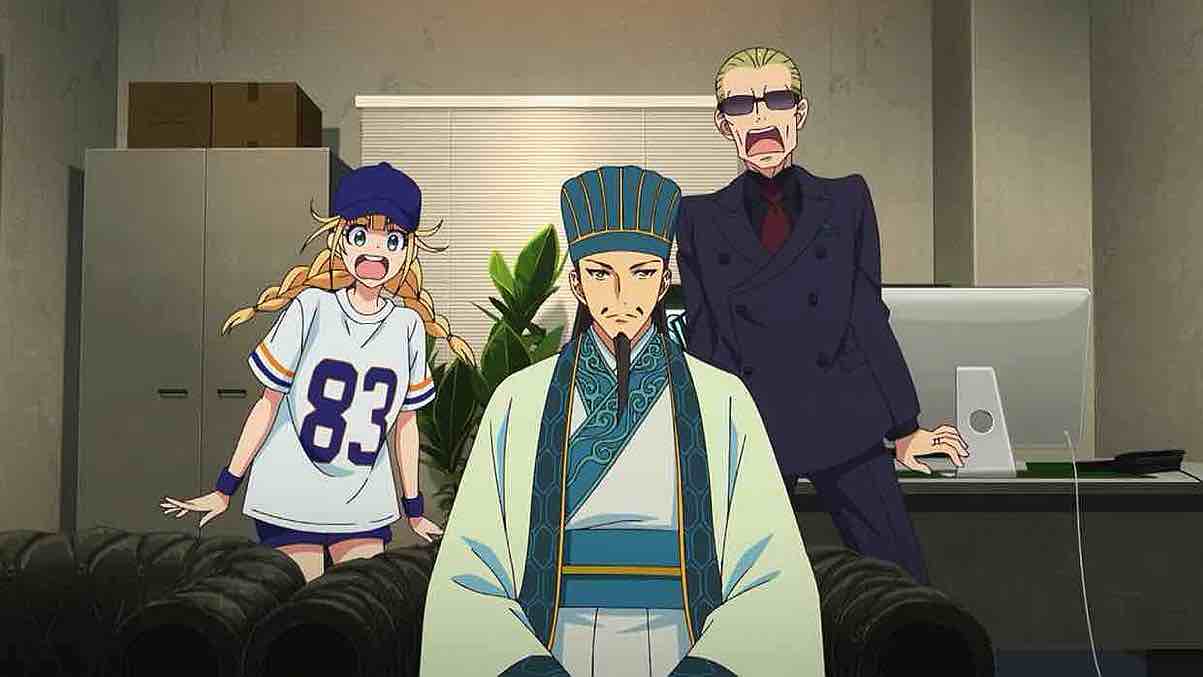
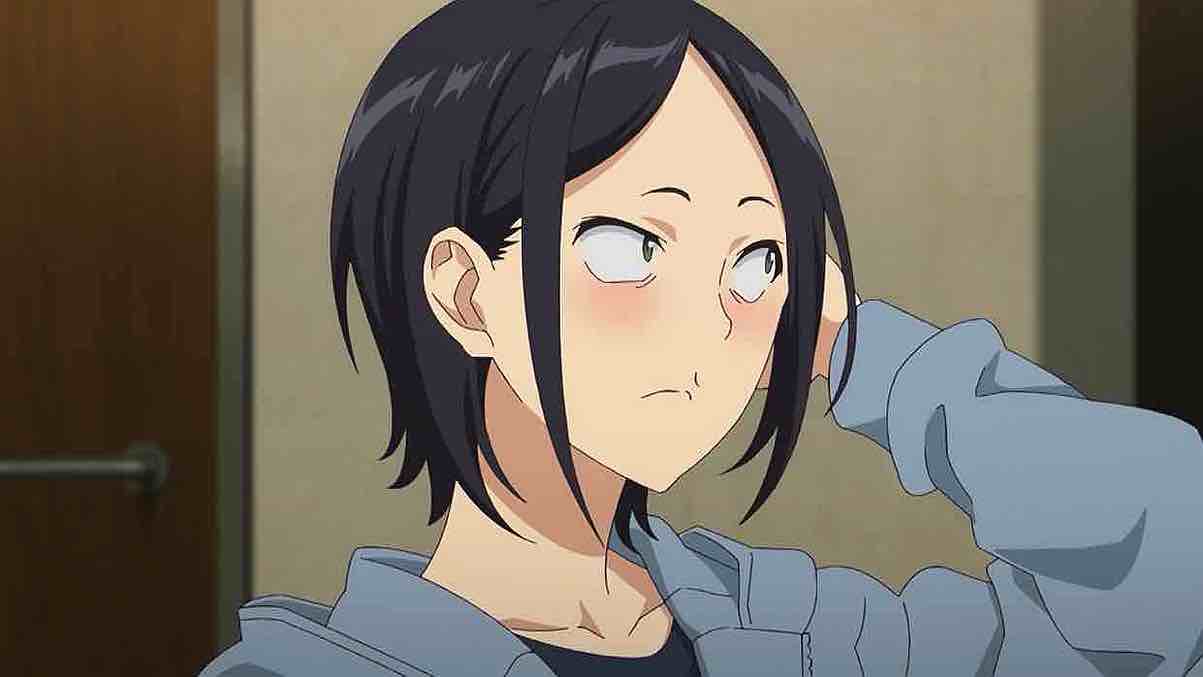
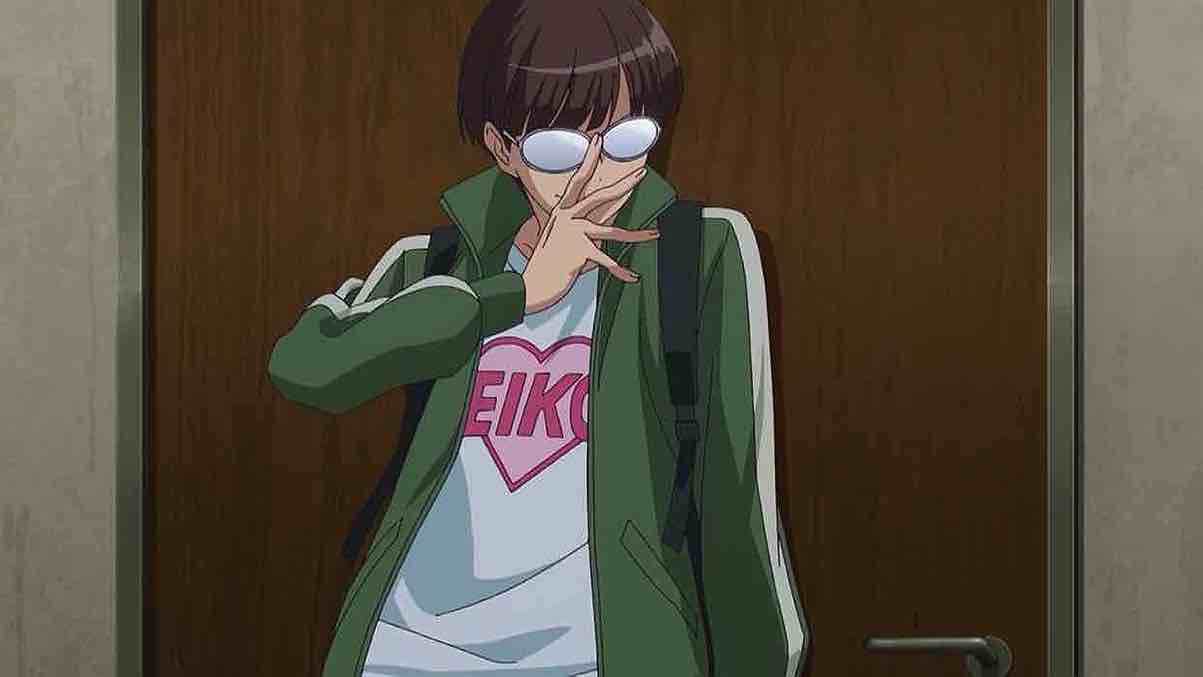
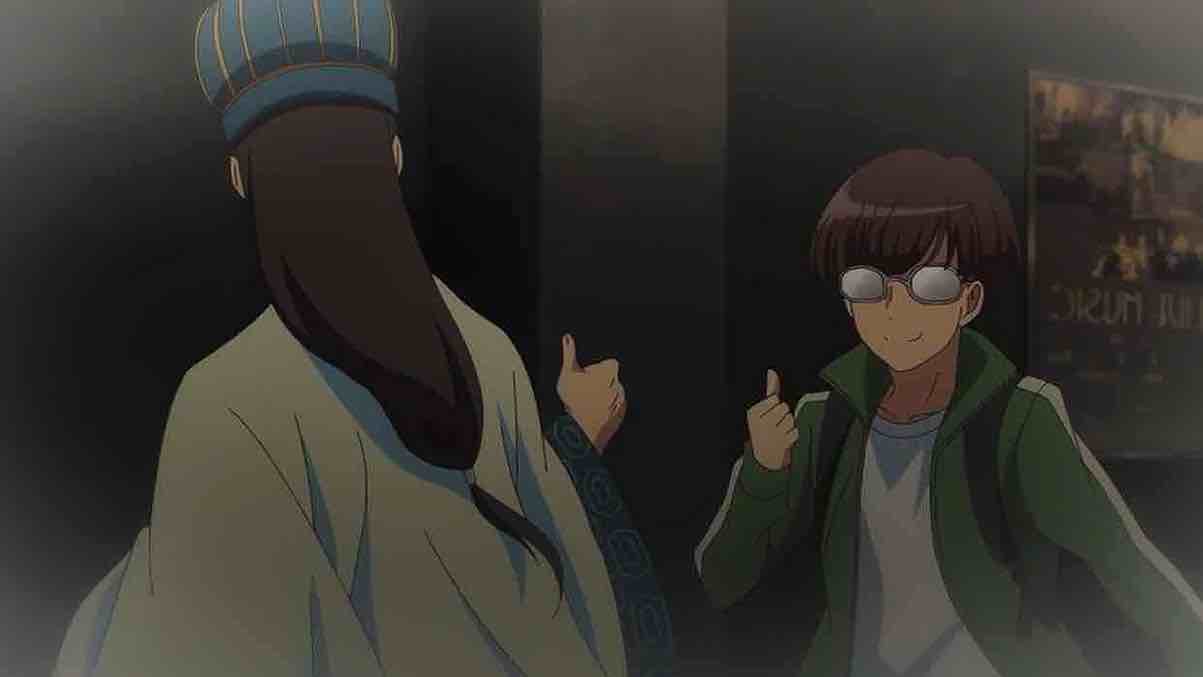
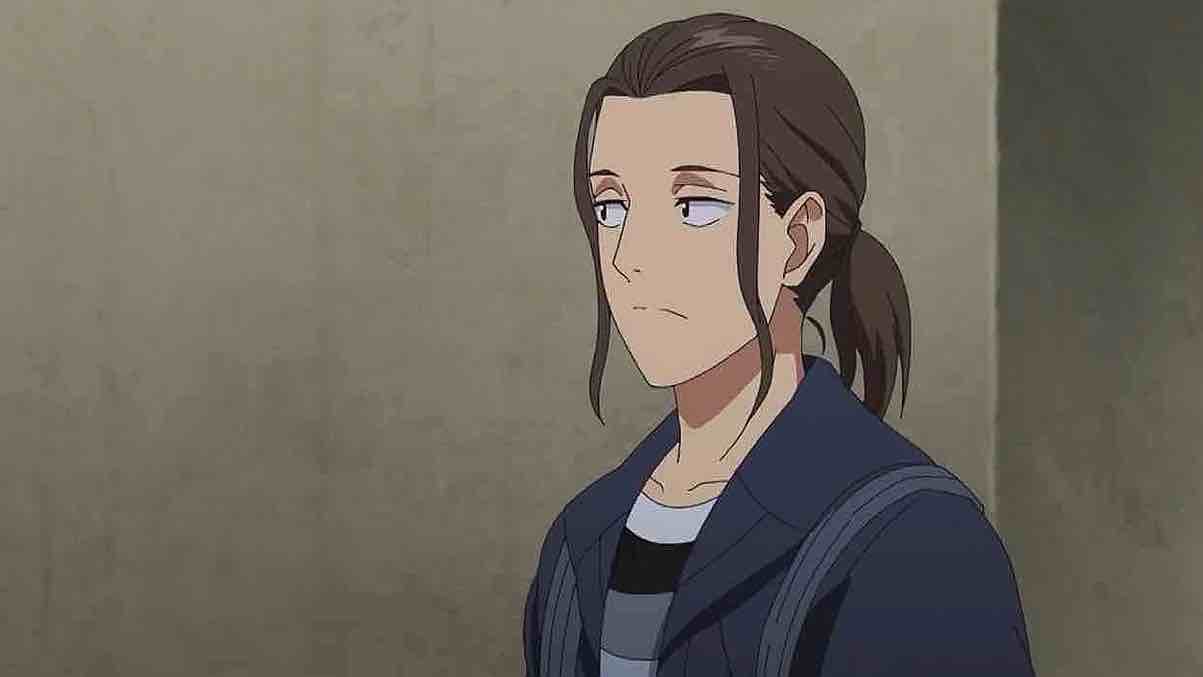
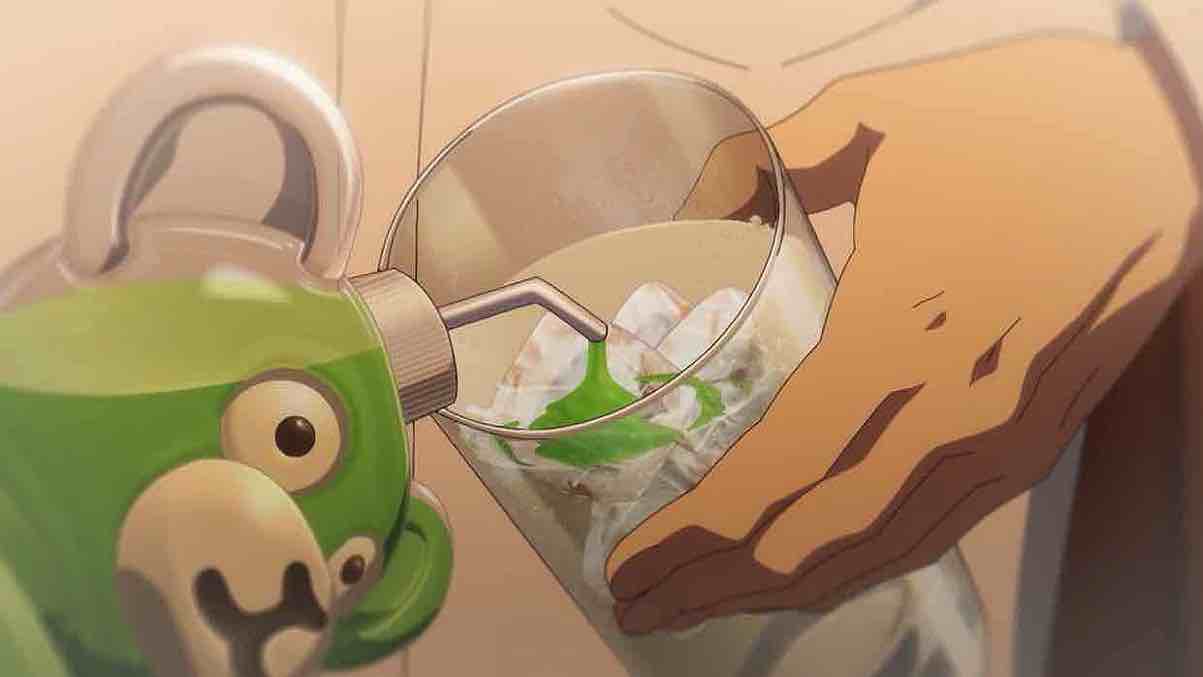
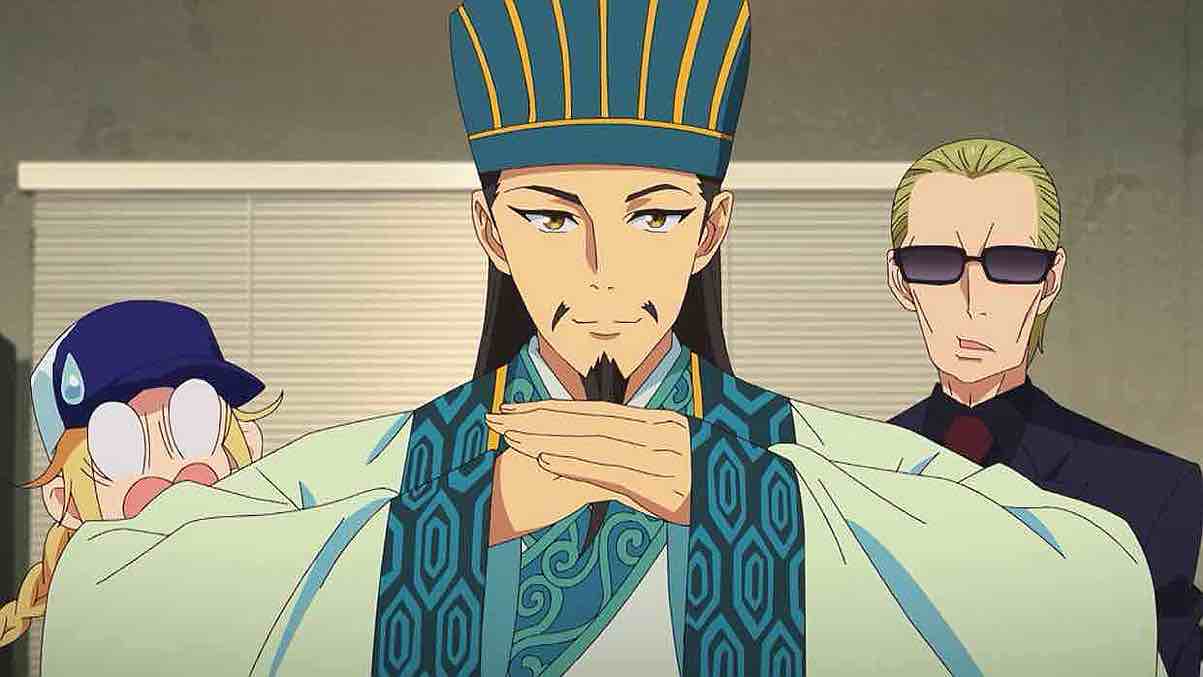
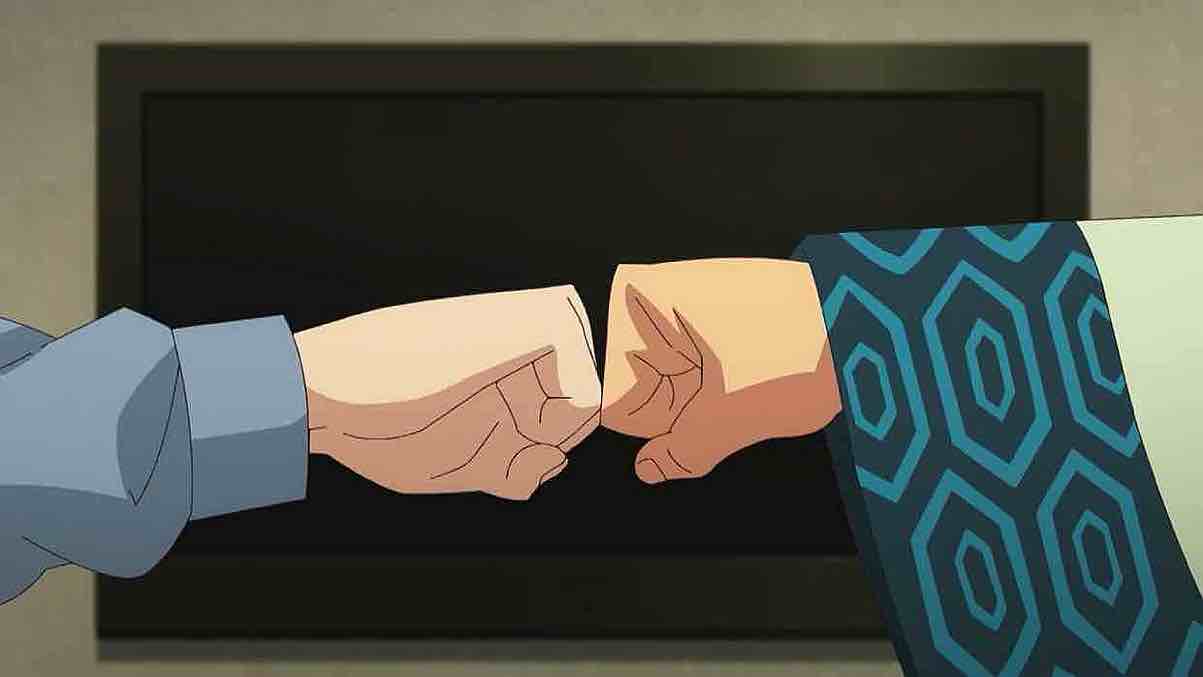
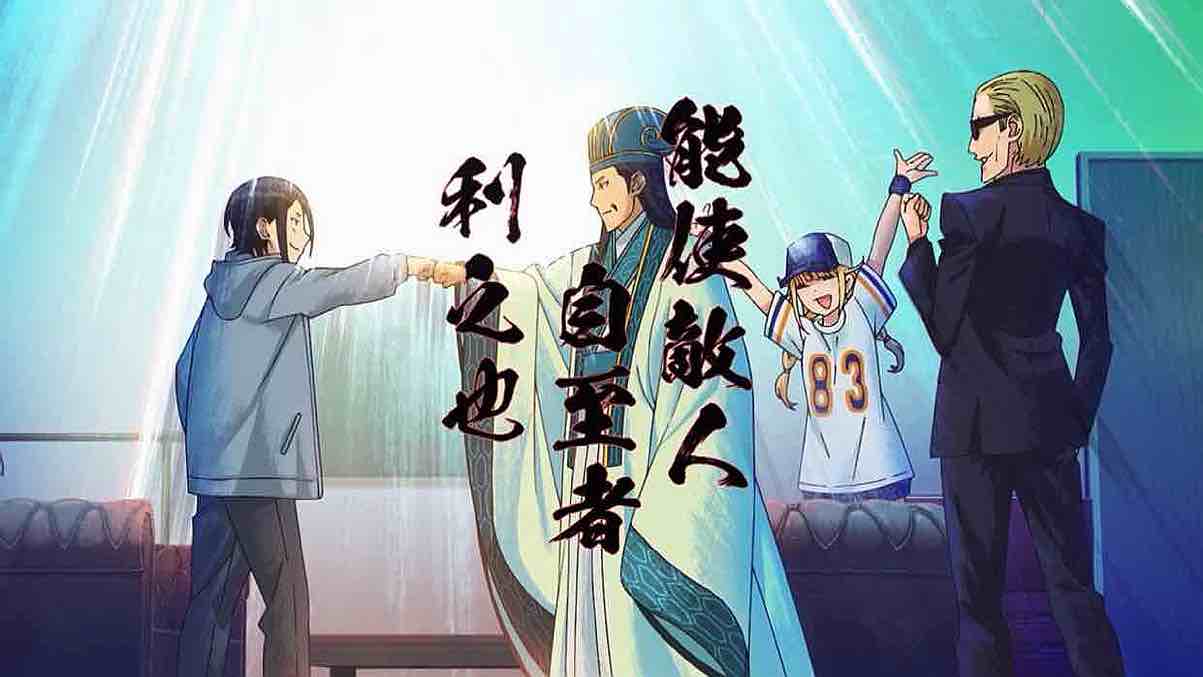
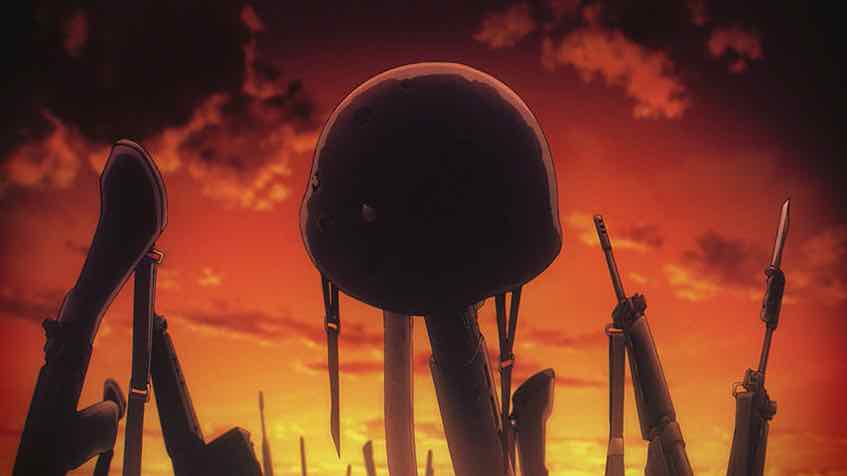

Steven
May 6, 2022 at 8:22 pmI would like to highlight though, that referencing Kabetaijin as Pang Tong (The Fledgling Phoenix), who once studied together with Kong Ming (The Crouching Dragon) is something I don’t really quite get. Or maybe I just missed a point.
Guardian Enzo
May 6, 2022 at 8:28 pmI am wholly unable to provide any clarity on that, ROFL.
Steven
May 7, 2022 at 1:42 amHah! It’s totally fine. Chinese history does my head in even as a Chinese. With so many dynasties and chaotic periods within these dynasties, I totally understand anyone who wouldn’t even touch it with a 10-foot pole. Even more so in a hugely chaotic, heavily romanticized period that is the 3 Kingdoms in the Late Han. The characters within it are hugely interesting though, if you’d like to delve a little into it.
Anton Kutovoi
May 7, 2022 at 1:27 amI think it is a reference to Sima Hui’s words to Liu Bei that the one, who’ll find both Sleeping Dragon and Young Phoenix, will bring peace to the Empire. Seeing how Eiko is this story’s Liu Bei, I guess Pang Tong is needed as well.
Steven
May 7, 2022 at 1:45 amThat’s a great interpretation actually. I was also in the mind that now the focus instead of Liu Bei, is shifted to Eiko, which is ultimately the “hero” of the story.
Porn
May 6, 2022 at 10:33 pmThe Short Songs a.k.a. Duan Ge Xing is a famous poem composed by Cao Cao styled Mengde (believed to b)e during his campaign to Jingzhou and Eastern River (that culminated into the famous Battle of Red Cliff / Chibi). It was composed in quatrain style ballad that is also known and popularized as “Jian ‘An style” (also the reigning name).
Aside from Mengde himself, his two sons Cao Pi and Cao Zhi were also renowned poets of this period; collectively known as Three Caos who are all comparable to the Seven Scholar of Jian ‘An.
What Kongming recite during his exchanges of words is the 14th part of Nineteen Old Poems authored/collected during the Han Dynasty.
[I]But if Koumei is reciting an old poem (as he did in one of his rounds) that’s not really freestyle, is it?[/I]
If it has the word ‘free’ in its namesake, no restriction nor (strict) rules should be imposed on it.
Craig
May 8, 2022 at 2:10 pm“I think one might reasonably say Koumei was out of bounds manipulating Kabe the way he did – and the idea that it was all for Kabe’s benefit strikes me as pretty laughable.” I think your observation cuts to the core of this episode but my take is a bit different. It hinges on the last two quatrains of the rap battle where the tone of the exchange shifts from posturing and confrontation to introspection and shared loss—specifically loss of home. Kongming’s rap style changes as he breaks into a 5-character per line meter often used in classical poetry; Eiko has trouble understanding Kongming because in reciting classical Chinese poetry, one uses the borrowed Chinese pronunciations for characters instead of the commonly used Japanese-language pronunciations for these same kanji. Sekitoba Kung Fu provides the blow by blow so that Eiko can follow. Among other things, this implies that he himself not only reads but can probably recite classical Chinese. Kabe is clearly moved by Kongming’s longing for home and responds with his first authentic words of the battle. Up until then, his words were those of a combatant for an enemy but now his voice turns introspective, confessional. In reclaiming his authentic voice, Kabe reclaims his right to rap as he wants to, on his own terms. Here Sekitoba Kung Fu provides us the key again: Kabe calls this his “new classic” and Sekitoba translates for us that a classic is something that had already been written. Among other things, this implies that Kabe had long been harboring thoughts of his return and had composed his thoughts enough to call his final quatrain his “new classic”. As Porn so astutely points out, Kongming is himself reciting a “classic” but something written by someone else. For me, part of the premise of Paripi Koumei is precisely this juxtaposition: the classic (in this case from Three Kingdoms era China) in contrast to the current (from Tokyo pop culture today). The jokes are about the incongruities between these points of view but the heart of the show is about the continuities. A classic, in other words, need not be from the past but can come from today. Furthermore it need not come from an other (like China) but can come from ourselves. When Kongming ends his classical recitation with two lines of his own about finding a vision for his future in Eiko’s voice, he too is also underscoring this throughline of past-present-future, self and other. In the end, from the position of victor, Kabe himself choses of his own free will to link his future to Eiko’s and Kongming’s. I too laughed when he proclaimed his allegiance but it was out of joy for him (and of anticipation of fun for us)!